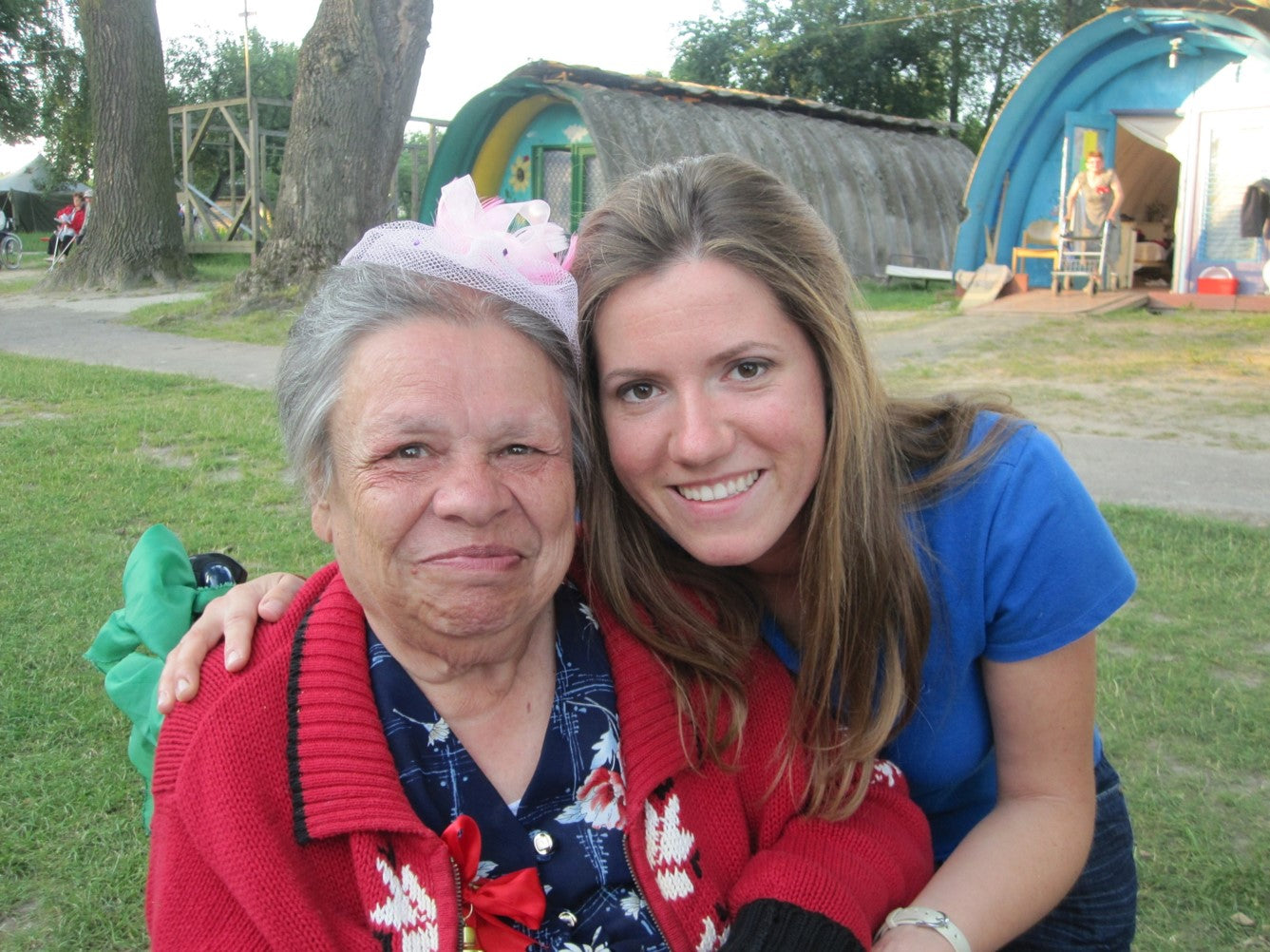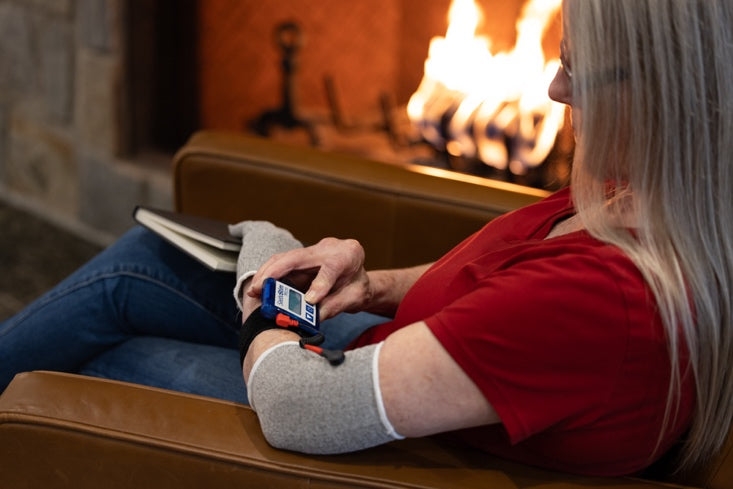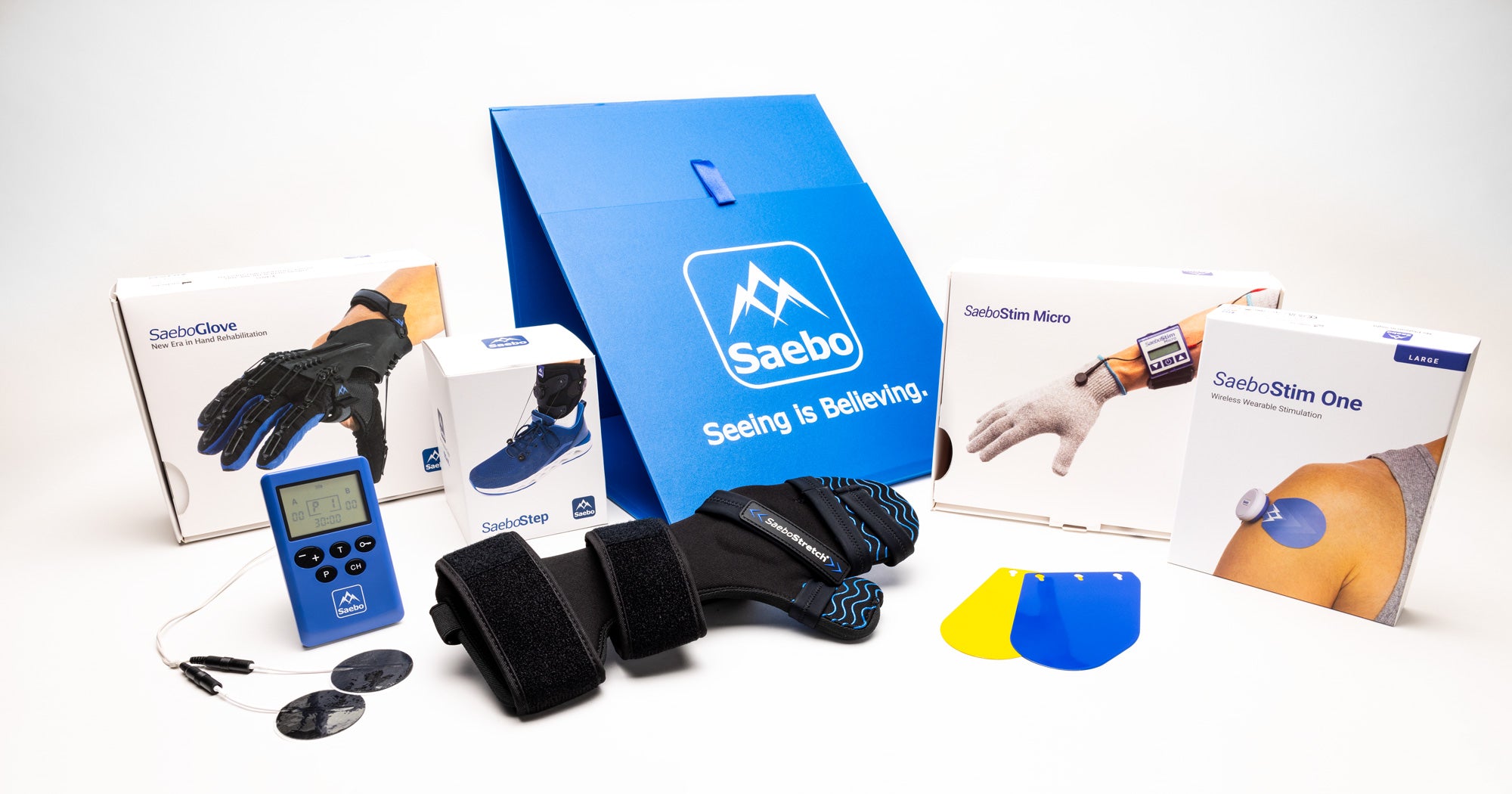OT Month Spotlight: Alina Tupchyk, OTR/L

April is OT Month. To celebrate, we met with some of the most influential therapists in the field such as Alina Tupchyk, OTR/L. Tupchyk graduated with a Master’s degree in Occupational Therapy from Tufts University in 2011, and currently works at Cottage Rehabilitation Hospital in Santa Barbara, CA. Tupchyk sat down with us to shed light on her Ukrainian roots, her inspiration to become an OT, and her mission to serve those who are underprivileged.
What inspired you to become an OT?
I am originally from Ukraine. I was born there, my whole family lived there, and we came to the United States as refugees when I was four years old. My dad fled the Soviet Union communist regime because he wanted us to experience freedom and he was concerned for our safety and well-being. For the last 10 years I’ve been going to Ukraine on almost a yearly basis – that’s my passion and that’s why I got into OT work.
I wanted to work with people who are underprivileged – those people who are the most overlooked in society such as orphans and people with disabilities. It was no coincidence that I am Ukrainian, I speak the language, that I am originally from there. I visited my grandfather one year and I met this woman who started a ministry for people with disabilities. She told me stories about people who were couped up in their apartment for years because of the lack of accessibility to go outside. I didn’t realize there was such a disparity and I thought, “What can I do with the gifts I’ve been given?”
After looking into different careers and even switching careers a few times, I stumbled upon Occupational Therapy. It fit like hand in glove with my character, with my personality, and with my dreams of what I wanted to do in the future.
How has the situation in Ukraine affected your journey as an OT?
Even before I finished grad school I would go to Ukraine and volunteer. The end goal was always to go back and help the people there. But now there’s a war going on and there are thousands of more people who got injured as a result, so the need is very great. Over half the families in Ukraine have been separated due to martial law. So, the men have to stay, and many of the women and children have relocated to safer areas. I plan to go to Ukraine soon.
I recently connected with two people from the U.S. who want to help Ukraine and they are going there in several weeks. They’re willing to risk their life and help in any way they can. I asked them multiple times, “Do you know that you can die? Do you know there’s missiles and bombs and shootings? Are you willing to take the risk?” They’re risking their life and they’re still eager to go and help. I am actually in the process now of starting a nonprofit that my family and friends have been telling me to do for years. It’s going to be focused on people with disabilities in Ukraine.
What’s the single most rewarding thing about being an OT?
When I get to see a glimmer of hope in my patients’ eyes, that it doesn’t end here, that it will get better. When I can get through to the patient and educate them and show them that they are making progress. There is hope and life can improve, but we have to work on it together. It’s a two-way street. I enjoy helping them take the next step forward and get back to doing the things that they love.
Working alongside a team that is very supportive is also super rewarding. We have great teamwork with the physical therapists, the speech therapists, the social workers and the psychologists. We all want to do anything we can to empower these individuals, which creates a sweet spot since we are all on the same page. It’s like an orchestra – each person plays their part to get this piece.
What are the biggest challenges you face each day?
When people don’t see their potential, it can be challenging. Sometimes you have to re-test their range of motion and say, “Look at all these exercises we are doing! This is where you were before, and this is where you are now.” Or, “Look, you weren’t able to put your shirt on and now you can, and I didn’t even have to help you!” Just pointing out the positive changes that have been made. Some people don’t recognize their progress because there’s so much going on. They are so consumed and overcome by their lack of ability and they don’t see their potential to regain that ability.
What advice would you give to other OTs starting out in the field?
Being calm. Not taking things too personally when they don’t go your way. If you’re genuinely concerned for the well-being of someone, you don’t get thwarted by the challenges. It’s just another little obstacle you have to make your way around or get over and keep going.
Concluding thoughts:
I want to give a shoutout to Annie Hallenback, who has been an Occupational Therapist in Ukraine for the last ten years. Despite the threat of war, and now being in the war, she is still in the country of Ukraine serving alongside people with disabilities because her friends and her patients are not able to flee. She has done some amazing work.
We are also hoping to get more Saebo equipment over to Ukraine in the next few months. One of my other dreams is to get a team of healthcare professionals to come visit Ukraine and help teach the local therapists and work with people with disabilities because there is such a great need.




All content provided on this blog is for informational purposes only and is not intended to be a substitute for professional medical advice, diagnosis, or treatment. Always seek the advice of your physician or other qualified health providers with any questions you may have regarding a medical condition. If you think you may have a medical emergency, call your doctor or 911 immediately. Reliance on any information provided by the Saebo website is solely at your own risk.



